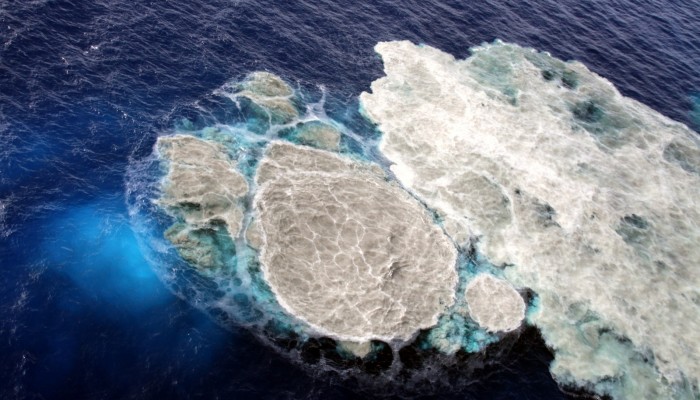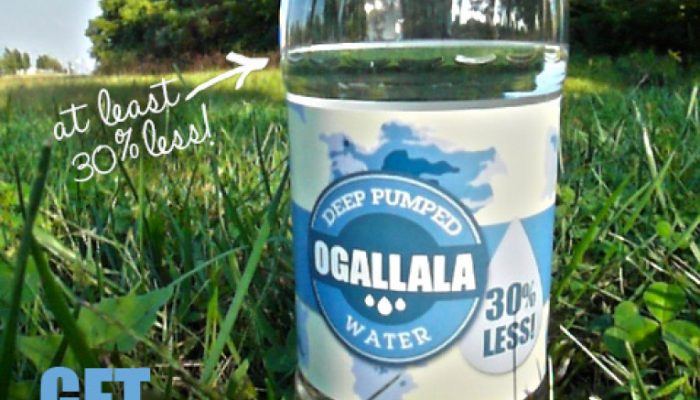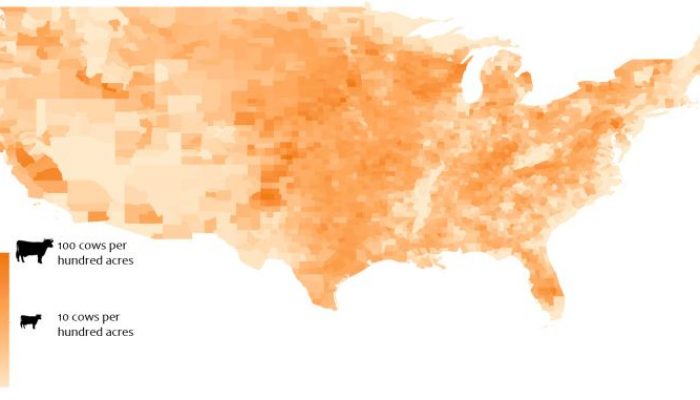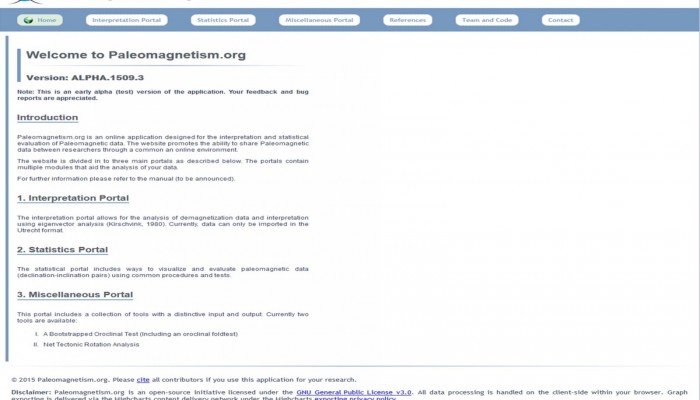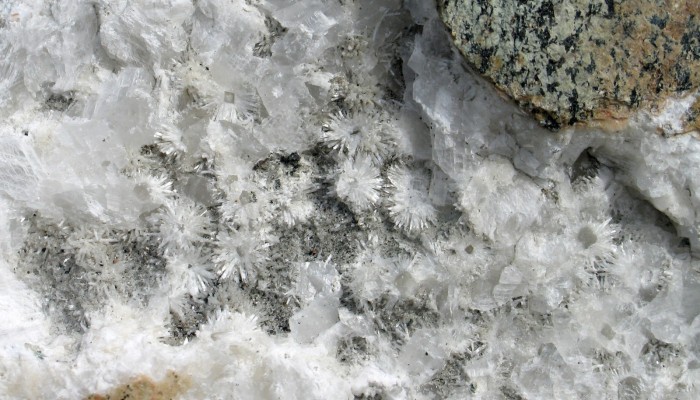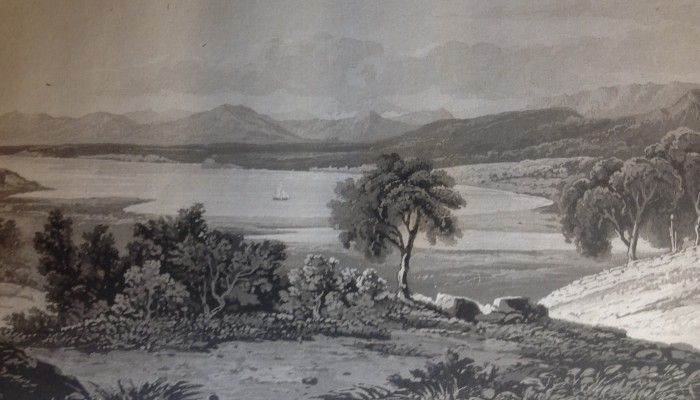This edition of the photo of the approximate week (plus or minus 1 – sorry for my tardiness) is very cool in that it shows when earth processes that are invisible suddenly become very visible. In this case the submarine volcano, El Hierro, is erupting and instead of the usual bursting lava and fireworks display the only evidence of the turmoil going on is this discolouration at the oceanR ...[Read More]
WaterUnderground
Fantasy Bottled Water Brands of Tomorrow: Ogallala Water
We are peering into the not-so-distant future to imagine what the brand geniuses of the future will be serving up for discerning water consumers! The Brand: Ogallala Source: Great Plains Why? Deep down, you know you love it. Promotional Copy: Ogallala Water: GET PUMPED. Swill waters run deep so we go deep, deep, deep into the Great Plains water table to pipe this ancient, undisturbed water to your ...[Read More]
WaterUnderground
Where’s the beef? Or should I say where’s the groundwater?
This graphic is from Owen Miles’ watermurica blog
Geology for Global Development
GfGD Annual Conference – Session 4 Details
Our 3rd Annual Conference, with the theme Fighting Global Poverty – Geology and the Sustainable Development Goals (SDGs) takes place on Friday 30th October, hosted by the Geological Society of London. Session 4 will be a short interactive session with the theme: “How should the Sustainable Development Goals (SDGs) shape… geoscience education, research, industry practice, NGO engagemen ...[Read More]
Geology for Global Development
GfGD Annual Conference – Speaker Introductions (Session 3)
Our 3rd Annual Conference, with the theme Fighting Global Poverty – Geology and the Sustainable Development Goals (SDGs) takes place on Friday 30th October, hosted by the Geological Society of London. Here we introduce the speakers taking part in Session 3, mini-presentations and a panel discussion on ‘Geohazards and Disasters: From Sendai to the SDGs’… Dr Julie Calkins (Disaster Risk Reduction Re ...[Read More]
Geology Jenga
A new tool for the interpretation of palaeomagnetic data
As part of my PhD research, I spent quite a lot of time at the Fort Hoofddijk (informally known as The Fort) – the palaeomagnetic laboratory of the University of Utrecht (in the Netherlands). For a little insight into what carrying research out in a 19th Century bunker, housed within the grounds of the botanical gardens of the University of Utrecht is like, take a look at this blog post that ...[Read More]
Green Tea and Velociraptors
Crocodiles feeling the heat of extinction
New research on crocodiles shows that a combination of changing sea levels and temperatures were responsible for driving their biodiversity over millions of years. Living crocodiles are threatened by climate change, with 10 out of 23 species at a high risk of extinction. As ectotherms, animals which require external sources of heat to function, they are sensitive to changes in temperature. With 2- ...[Read More]
GeoSphere
Geology Photo of the Week #47
This week’s photo is another mineralogy themed one. This photo shows beautiful, yet also flattened crystals of the mineral natrolite that has grown in an acicular habit from a central point making them look sort of like little snowflakes. Natrolite is a relatively common hydrated sodium, aluminum silicate mineral (Na2Al2Si3O10 · 2H2O) that often forms within the void spaces of igneous rocks ...[Read More]
VolcanicDegassing
The Mexico City earthquake, 19 September 1985
As a volcanologist based in the UK, I am in the privileged position of rarely being affected by the natural events that I study. And, although I have worked for extended periods of time in earthquake-prone regions, I have never experienced anything more than the gentle nudge of a small tremor. Thirty years ago, shortly after 7 am local time on 19 September 1985, Mexico City was struck by a large e ...[Read More]
VolcanicDegassing
Maria Graham, and a large earthquake in Chile, 1822
As news comes in of another very large earthquake in Chile – the third magnitude 8 earthquake along Chile’s Pacific margin in the past six years – this is a stark reminder of the destructive potential of these extreme natural events. These days we are used to the rapid, or near-real-time diffusion of news as these events unfold – in this case, as the tsunami ran along the C ...[Read More]

